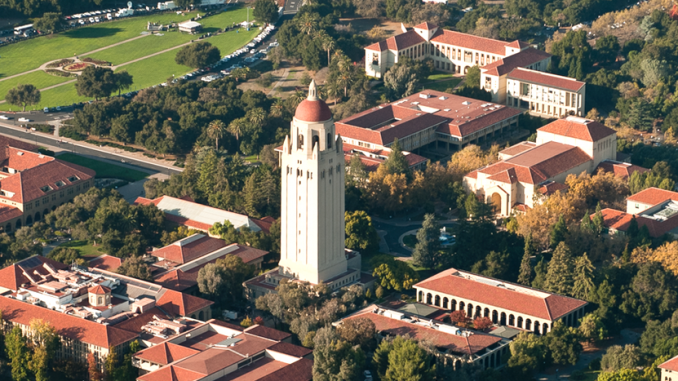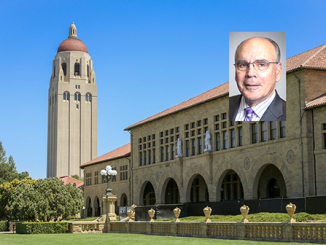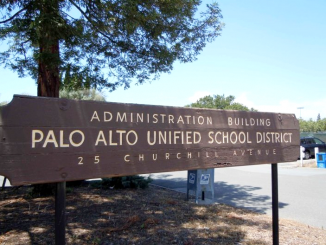
BY ALLISON LEVITSKY
Daily Post Staff Writer
Despite a number of residents’ concerns about transparency, the Santa Clara County Board of Supervisors decided yesterday (Oct. 16) to negotiate behind closed doors an open-ended development agreement with Stanford over the university’s 2.3 million-square-foot expansion.
Before the board voted unanimously to move ahead with negotiations, Board of Supervisors President Joe Simitian of Palo Alto said he felt a “note of optimism about the exercise.”
“We’ve been down this path before. I remember it well, 20 years ago,” said Simitian, who voted on Stanford’s last expansion, in 2000. “We’re all ready to do the work.”
Simitian and Supervisor Cindy Chavez, a former union leader who represents San Jose, will negotiate with Stanford as a two-person ad hoc committee.
The development agreement would have to be made public at least two weeks before the board votes it up or down, the board decided.
It will be negotiated while the county finalizes an Environmental Impact Report on the expansion, contrary to the wishes of some who wanted to make sure the development agreement takes the report’s findings into consideration.
Palo Alto school board members Todd Collins and Melissa Baten Caswell urged the board to ensure Stanford pays its share of property taxes on any housing built. Usually, homes used for Stanford employees involved in the academic operations of the university are exempted from property taxes. Without the tax money, the school district would be flooded with the children of Stanford students and employees without the funds to hire more teachers.
Former Palo Alto Planning Commissioner Arthur Keller said he wanted Stanford to pay its share of Caltrain improvements and to reserve any affordable housing for low-income workers, not students.
The expansion is expected to bring nearly 10,000 students and workers to campus. The agreement is one way for the county to ensure Stanford mitigates the impacts the expansion will have on housing, traffic and public schools.
Last month, the board approved an ordinance requiring Stanford to pay $155.8 million in affordable housing fees, or $68.50 per square foot of new construction. Stanford has previously offered to pay between $17 and $20 per square foot, or between $28.7 and $45.5 million.



